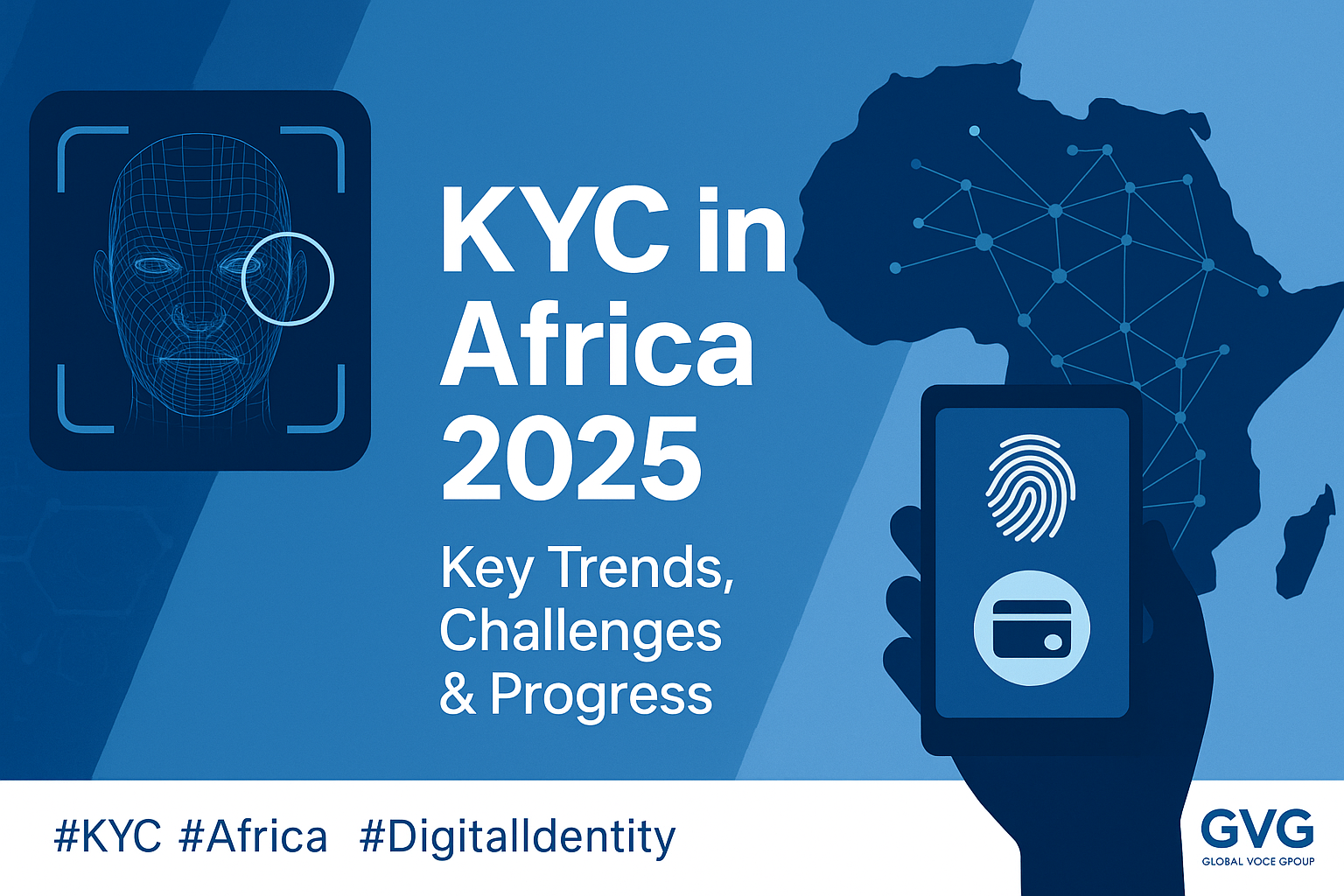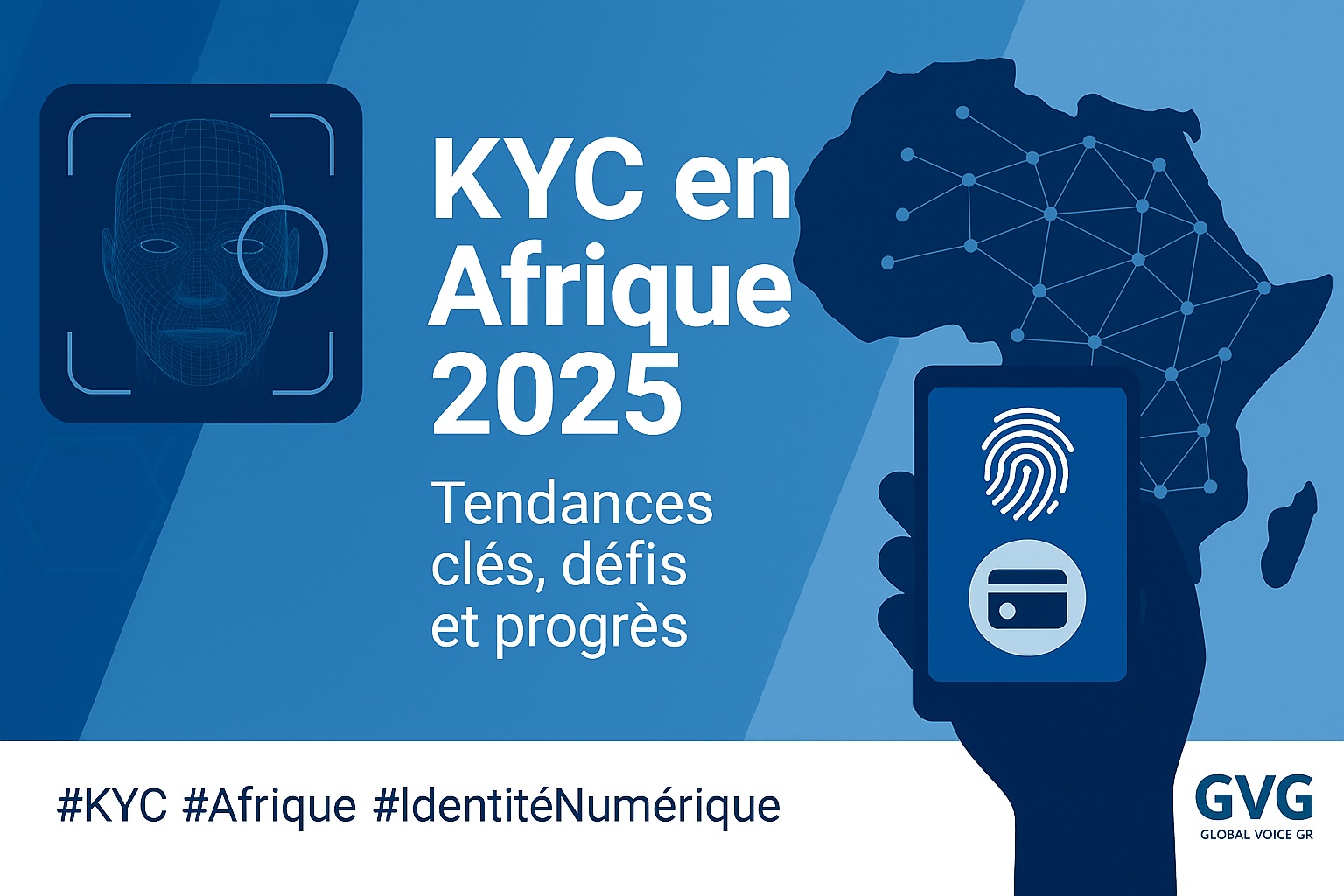
🌍Compliance in the Digital Payments Era: Challenges and Progress in Africa
The digital payments landscape in Africa is evolving rapidly. As of 2025, Kenya and South Africa lead the continent, with 75.8% and 70.5% of adults, respectively, having made a digital payment in the past year. Close behind are Ghana (63.7%), Gabon (62.3%), and Namibia (58.5%). This transformation—driven largely by mobile money and smartphone penetration—is advancing financial inclusion and economic opportunity across the region.
However, with this growth come substantial regulatory and compliance challenges.
⚠️ The Compliance Landscape: Key Issues Facing Developing Countries
- Infrastructure Gaps and Interoperability
Many African countries still face limitations in digital infrastructure, hindering seamless integration of payment systems. Lack of interoperability between platforms can isolate users and discourage wider adoption.
- Regulatory Fragmentation
Varying standards for anti-money laundering (AML), know-your-customer (KYC), and consumer protection across jurisdictions create complexity for regulators and service providers alike. Regulatory uncertainty around digital assets and fintech innovations further complicates compliance efforts.
- Data Privacy and Cybersecurity
With digital transactions surging, so do concerns around data protection. Many nations are still in the early stages of enacting or enforcing robust privacy laws and cybersecurity standards—leaving gaps in trust and accountability.
- Cash Dependency and Informal Markets
Despite growth in e-payments, cash remains dominant, particularly for low-value, high-frequency transactions. This poses challenges for oversight, transparency, and tax collection.
🏛️ The Role of International Guidance
As Africa continues to integrate its financial systems within a global framework, regulatory alignment has become a key priority. Strengthening compliance ensures secure transactions, fosters economic growth, and enhances financial inclusion across the continent. By adopting international standards and refining regional policies, African nations are paving the way for a more connected and resilient financial ecosystem.
Two key initiatives exemplify this progress:
AfCFTA & AU’s Digital Regulatory Harmonization
The African Continental Free Trade Area (AfCFTA) is driving alignment on digital ID, data protection, and payments regulations. These measures aim to reduce friction for cross‑border transactions and unlock wider access to financial services.
Compliance impact:
- Promotes unified data protection regulation (KYC, privacy)
- Facilitates interoperable cross-border payments under a common ruleset
- Infuses AML and counter‑terrorist financing (CFT) into regional policy
Adoption of ISO 20022 and Digital Payment Standards
Continental regions are pivoting toward ISO 20022 and open finance with API frameworks. The Smart Africa“Blueprint for e‑Payments” from Ghana champions regulatory frameworks and standards-based interoperability to facilitate pan-African e‑trade.
Compliance impact:
- Aligns cross-border payments with global messaging standards
- Enables transparent data sharing while managing privacy
- Lays groundwork for regulated Open Finance regimes
📈 Progress and Key Regional Developments
Across Africa, nations are implementing targeted compliance frameworks to enhance financial security, promote transparency, and strengthen oversight. These efforts are crucial in fostering trust in digital transactions and ensuring regulatory alignment with international standards. Two notable examples—Senegal and Uganda—highlight how regional initiatives are shaping financial inclusion and governance through digital identity systems and mobile money regulations.
🇸🇳 Senegal: National Digital Identity & Payment Ecosystem
SNID (Senegal National Digital Identity), supported by the government and World Bank, links digital ID with mobile financial services.
- Goals:
- Provide traceable identities for all digital transactions
- Enhance KYC & AML compliance
- Improve visibility into financial inclusion progress and financial flows
🇺🇬 Uganda: National Payment Systems Act & Mobile Money Oversight
National Payment Systems Act (2020), enforced by Bank of Uganda (BoU).
- Requires payment providers (MNOs, fintechs, PSPs) to:
- Get licensed → ensures visibility on who operates
- Segregate client funds → protects customers and enhances supervision
- Submit regular reports → on transaction volumes, suspicious activity, etc.
- Mobile Money revenues are now directly monitored by BoU, improving tax collection and AML compliance.
✅ Real-World Solution: How GVG Supports African Regulators
One example of how compliance can be strengthened through technology is seen in Tanzania. Global Voice Group (GVG) collaborated with local authorities to implement a non-intrusive data monitoring systemthat captures 100% of mobile money transactions, representing over $5 billion in monthly value. The system empowers regulators to:
- Track flows in real time
- Enhance transparency
- Enforce AML and KYC standards without disrupting service delivery
GVG’s platform enabled:
- Real-time oversight across telecom and financial networks
- Automated regulatory reporting
- AI-powered fraud detection and identity verification
- Secure data collection that respects privacy mandates
This case illustrates how digital public infrastructure, when paired with local regulatory collaboration, can help overcome many of the compliance challenges in African markets.
🧭 Final Thoughts
Africa’s digital payments revolution is reshaping financial access and economic opportunities across the continent. While progress has been significant, the journey toward seamless regulatory integration and compliance remains ongoing. Addressing infrastructure gaps, harmonizing standards, and reinforcing cybersecurity measures will be crucial in building a more resilient financial ecosystem.
By fostering collaboration between governments, financial institutions, and international organizations, African markets can unlock the full potential of digital finance—enabling broader financial inclusion, safer transactions, and sustained economic development. As compliance frameworks evolve, Africa stands poised to lead in innovation while ensuring regulatory integrity in the digital age.
🔎 Ready to future-proof your compliance strategy?
Let Global Voice Group help you unlock the full potential of digital payments—securely, transparently, and sustainably.
👉 Contact us | Learn more at www.globalvoicegroup.com


